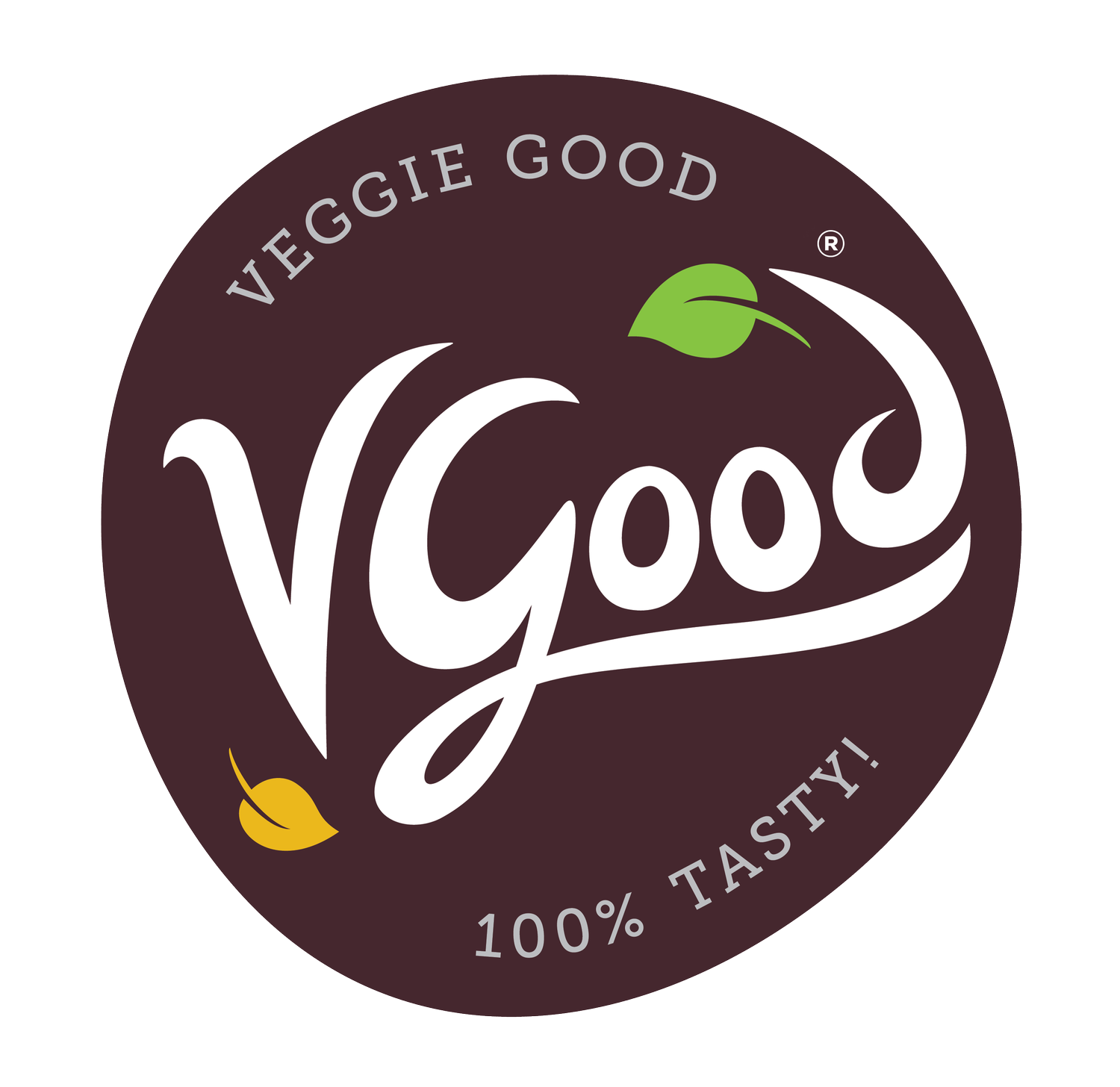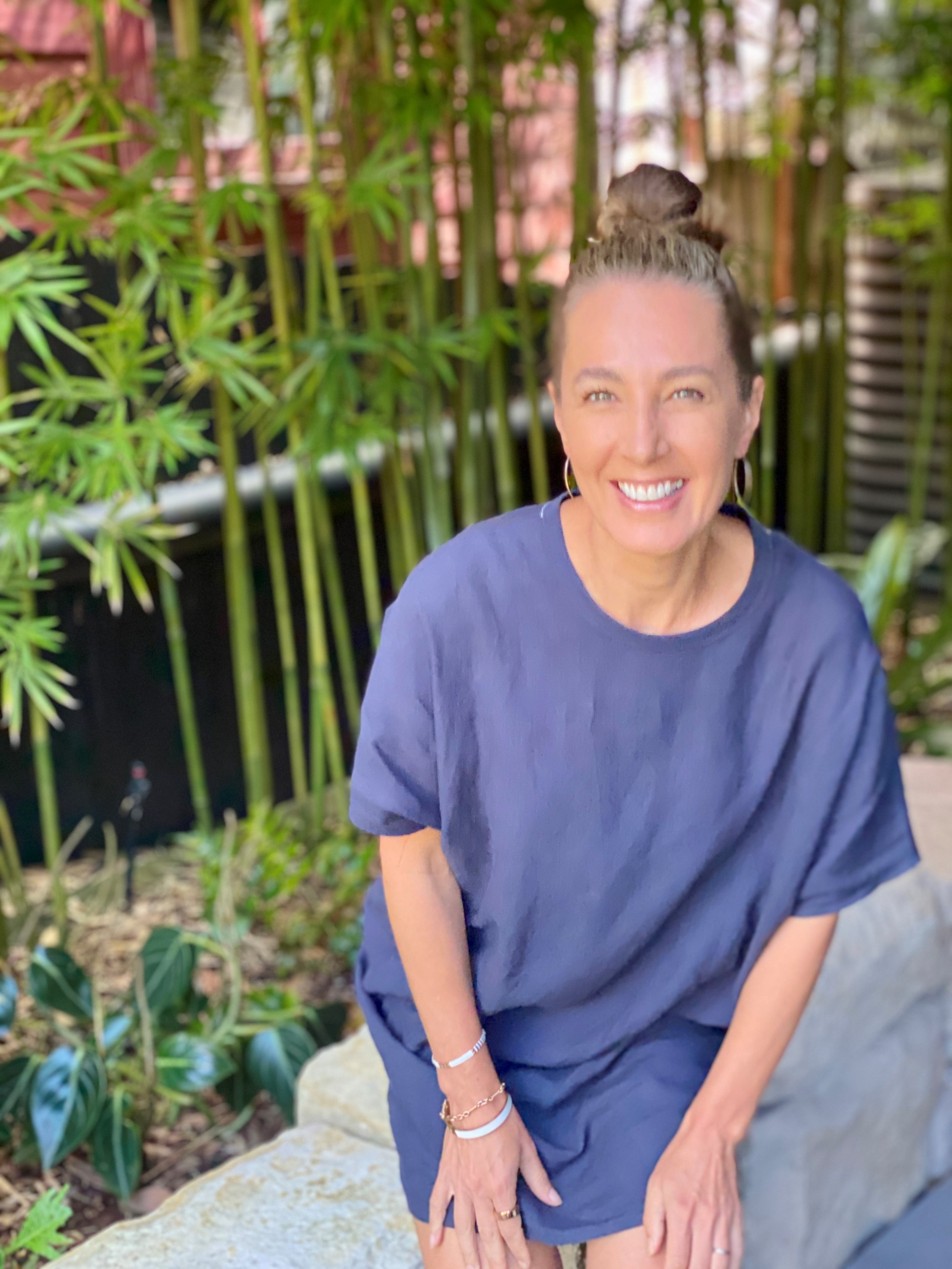7 Female Founders on Building CPGs
March 2023
Many female founders are leaping out of their comfort zone, growing their young CPG businesses, while confronting multiple industry and business-related challenges.
“Most women think too small and build expensive hobbies that are dependent upon local markets and are therefore either extremely unprofitable, overly reliant on their time or both,” said Chelsea Ford, a business coach and founder of Females in Food, which helps women sell more products to scale their businesses and grow profits.
Another issue: Sometimes women start out with what they think is a great product idea, but don’t know how to get from A to B, said Marjorie Radlo-Zandi, an angel investor, board member and independent consultant. One option is working with a food-specific accelerator such as Branchfood or Chobani Incubator to help prepare for entrepreneurship by understanding the product market, investor landscape, and steps to scale.
Accessing capital, outside of friends and family, can also be challenging. Last year, food and beverage companies with all female founders received only $238.9 million in venture capital money across 50 deals, according to PitchBook. By contrast, completely male-founded CPG businesses received $23.5 billion, across 1,893 deals.
Here’s how seven female-led CPGs have battled some of these challenges and are making their mark on the industry:
VGood
Founder: Sally Breden | HQ: Manly, Australia | Founded: 2018
Specialty: Nut-free alternative spreads and chickpea twists
Her story: Breden was looking for child-friendly spreads that tasted good and were suitable for nut-free environments. Chickpeas were a staple in her family’s diet, so using neighborhood children as taste-tasters, she created Pea-NOT Butter, which is sold on Amazon and in smaller independent chain grocery stores including Big Y Foods. Her goal is to expand further into U.S. retail stores this year. The company’s revenue was $500,000 last year.
Biggest lessons learned: One mistake Breden said she made at the beginning was not hiring an R&D food expert, meaning the company ended up throwing away a lot of food. “We were just trying to do it inexpensively, which was a false sense of cost-savings really,” she said. Another example: Hire a good brand agency upfront to get packaging, marketing, and other fundamentals right from the beginning so you don’t lose time or money having to redo your efforts. “It’s expensive to build a brand, so you want to make sure you’re building it on the right foundations.”
All Clean Food LLC
Founder: Laura Meemken | HQ: Minnetonka, Minnesota | Founded: 2020
Specialty: Gluten-free and organic creamy garlic pasta, porcini mushroom pasta, and taco pasta made from organic quinoa and organic rice
Her story: A licensed marriage and family therapist with a specialty in nutrition, Meemken was frustrated that she couldn’t find a boxed option with organic ingredients that would work for her children’s extensive allergies. She co-founded the company with her brother who was working as a buyer in Target.
The products are available for sale on the company’s website, Amazon, and in about 850 retailers such as Giant and Meijer. This year, the company started distributing to Target stores in the Twin Cities region, and has plans to improve and expand its macaroni and cheese product line. She projects the company will be profitable this year and garner more than $1 million in sales.
Biggest lessons learned: Many women tend to downplay what they are doing, but promoting the business at women-run events, local food groups, cooking demonstrations and other activities is critical, even if it feels uncomfortable, Meemken said. “Speak boldly and confidently about your business.”
Chia Smash
Founder: Anna Peck | HQ: Brooklyn, New York | Founded: 2020
Specialty: Jams that are lower in sugar, carbs, and don’t contain preservatives, artificial sugars or thickeners
Her story: Facing health issues in college, Peck started making her own jams, which she and her boyfriend and business partner began selling as a side hustle before turning it into a full-time business.
The jams sell online, through Amazon, and in more than 2,000 stores, including Whole Foods, Kroger and Sprouts Farmers Market. The company is edging toward profitability and expects $2.5 million in sales this year, as it broadens distribution and promotes two new flavors—Concord grape and apricot.
Biggest lessons learned: Peck said she has been bashful in the past about asking for help or advice from other founders or experts, but people are generally willing to help if asked. “It very rarely gets offered up on a silver platter; you have to put yourself out there,” she said.
GoodSAM Foods
Founder: Heather Terry | HQ: Darien, Connecticut | Founded: 2019
Specialty: Produces chocolate, nuts, coffee and other products in an environmentally friendly way.
Her story: Terry had worked in the natural consumer goods space for more than decade and wanted to start a company that would support small farmers and regenerative farming practices.
The company, which is almost entirely privately backed by angel investors, plans to expand this year into Fresh Thyme stores in the midwest. It also plans to continue to expand online commerce through its website, Amazon and Thrive, an angel partner. It expects nearly $7 million in revenue in 2023, more than double 2022’s revenue.
Biggest lessons learned: When seeking outside funding, many female founders aren’t well-versed with bellwether figures investors care about, including costs to make and sell the product, transportation, warehousing, packing, personnel, and what’s needed to support the company’s go-to-market strategy, Terry said. “You have to know these numbers cold because that is the first place a potential investor will nail you.”
OMG! Pretzels
Founder: Stephanie Kriebel | HQ: Plymouth Meeting, Pennsylvania | Founded: 2014
Specialty: Savory pretzels
Her story: Kriebel founded the company with her mom, who had been making the company’s flagship product—garlic-flavored pretzels—for friends and family for decades.
The company sells its pretzels in flavors that include Garlic, Sweet & Salty, Chesapeake Spice, Lemon Pepper, Sweet & Spicy, Cheddar Jalapeño, Salty Butterscotch, and Sweet Chili. The products are available on its website, Amazon, and at specialty retailers across the country. OMG! Pretzels is in the process of rebranding, repackaging, reformulating and onboarding a new co-manufacturer and expects $1 million in revenue in 2023, up from about $500,000 in 2022.
Biggest lessons learned: “Every conversation is important,” said Kriebel, who recommends letting others know what you need, so they can put out feelers for you. When she was looking for a co-packer, she searched online for about six months and couldn’t find a good fit. But discussions with a printing company led to a recommendation. They’ve since outgrown that co-packer, but found the next partner through the company’s sales broker. “Things come from the strangest places—or places you don’t think they could come from.”
Sweet Apricity
Founder: Tonya Butts | HQ: Vancouver, Washington | Founded: 2015
Specialty: Dairy-free caramels crafted for those following Autoimmune Protocol, Paleo, gluten-free or dairy-free diets
Her story: Butts began making caramels as a college graduation gift for her best friend who was managing debilitating symptoms using the Autoimmune Protocol. Butts, an English major with some marketing and sales experience, decided to sell the caramels at her friend’s suggestion.
The company’s products—which include sea-salted caramels and vanilla marshmallows—are sold primarily through her website, Amazon and some boutique stores. The company brings in about $240,000 to $300,000 a year in revenue and Butts hopes to be profitable this year.
Biggest lessons learned: Early on, she spent a lot of money using friends or friends of friends to help with business operations, but it ended up costing more than if she had used professionals from the start. For example, the initial graphic designers she hired were early in their career and looked to her for direction, which wasn’t her forte. The more seasoned professional she ultimately hired knew how to direct the conversation to get to what she was looking for. “Find a way to pay a professional to do the job that’s needed,” Butts said.
Xinca Foods
Founder: Cynthia Duran | HQ: Arlington, Washington | Founded: 2021
Specialty:Salvadorian foods
Her story: A former marketing analyst, Duran was born in the U.S. to Salvadorian parents. Tired of seeing only Mexican food on the market, she sought to produce food that reflected her culture. Her company’s products, which include pupusas and curtido, are based on recipes she or her mom developed, and are sold online and in select retail stores.
Currently self-funded, Xinca Foods had revenue of $10,000 last year. In the next few months, the company expects to add four grocery chains in California, Texas and Washington. Additionally, it plans to provide a foodservice option starting in April. It is also planning to add a second vegan product in June.
Biggest lessons learned: Duran said she underestimated how much it would cost to start and operate a business, already spending about $100,000 of her own money on these efforts. She recommends founders have at least $200,000 to $500,000 of cash on hand, being careful about who you hire and the purchases you make. “You have to be very strategic and smart about how you want to start a business.”


